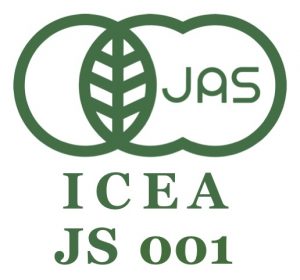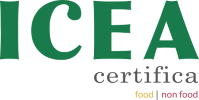Japan Agricultural Standards (JAS) is the mandatory certification for exporting and marketing organic products in Japan. Certifies agricultural and livestock products, processed products intended for human and animal nutrition (excluding wine, alcoholic beverages and aquaculture products).
INFORMATIONS

The Japanese legislation on organic JAS (Japan Agricultural Standards) in force since 2002, provides that organic products are controlled and certified by a Japanese institution (RCO Registered Certification Organization) or abroad (RFCO Registered Foreign Certification Organization) registered with the Ministry of Agriculture of Japan (MAFF).
ICEA is among the first European control bodies to have obtained MAFF recognition and offers the operators controlled also this indispensable certification in order to market organic products in Japan.
JAS certification applies to all food and feed products, with the exception of wine, alcoholic beverages and aquaculture products.
Thanks to the existing equivalence agreements with the European Union, Japan has recognized the validity of the EU Organic certification (Reg. CE 834/07) for what concerns the vegetable productions (the only difference with respect to the community legislation is the prohibition of employment of calcium chloride as leaf fertilizer).
The JAS certification, therefore, is required only for food industries (excluding those that only carry out packaging), and for companies that produce livestock products.
The JAS legislation requires the presence in the company of two distinct figures, the “Responsible for the production process” and the “Responsible for verifying the conformity of the product before the sale” (grading).
Only on farms can the two roles be covered by a single person. The grading manager decides which batches and batches of the product really conform to the organic method according to JAS standards.
The “Responsible of the production process” and the “Responsible for the verification of the conformity of the product before the sale” (grading) must attend a training seminar on JAS certification (also online) held by ICEA which will issue a certificate of qualification.

